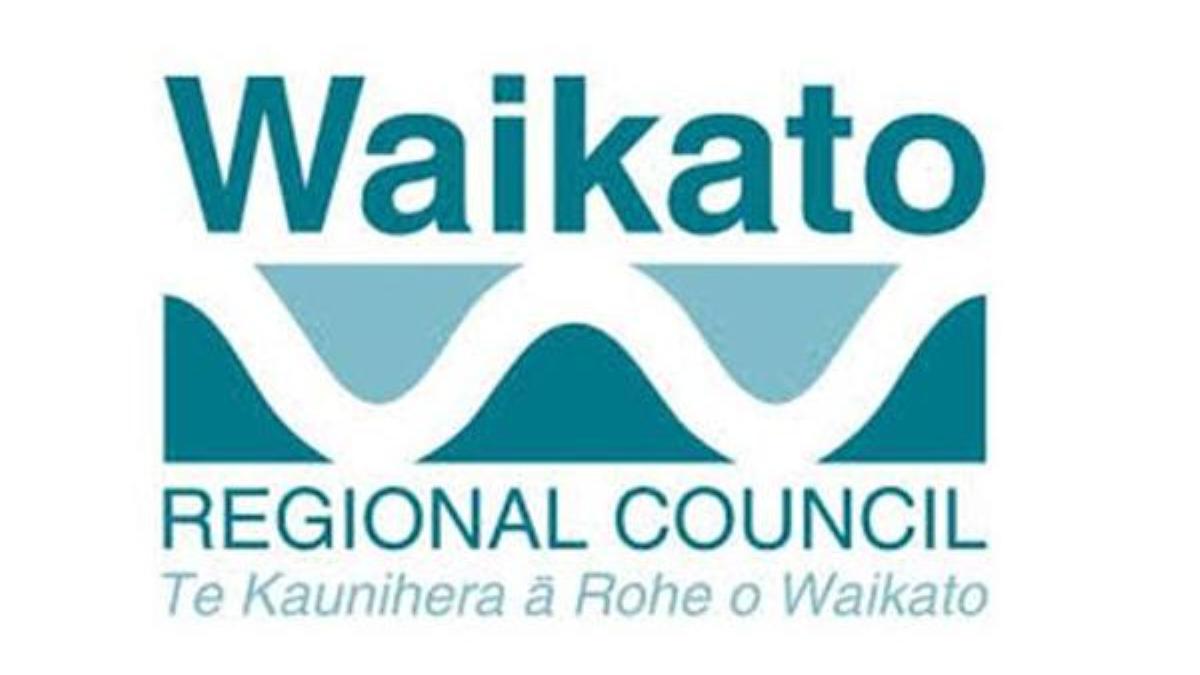Waikato Regional Council news
Waikato Regional Council has welcomed the Auditor-General’s national report and the acknowledgment of thegenuine and ongoing efforts of regional councils to manage fresh water.
The report looks at the challenges and opportunities of managing freshwater quality for four of New Zealand’s regional councils – Waikato, Horizons, Taranaki and Southland.
Details of the report, tabled in Parliament last Thursday (19 September), were shared at the final meeting of the council for this triennium in Hamilton today.
“The report provides some high level direction for the ongoing management of freshwater, and gives comfort that the council is addressing community concerns and is making good progress,” said Waikato Regional Council chair Alan Livingston.
“It also backs up what the regional sector has been saying to the Government – that the limitations of the Resource Management Act have limited our ability to improve fresh water and ecosystem health.”
The Office of the Auditor-General (OAG) review had been a long and thorough process spanning 18 months. It included the councils completing self-assessments, providing relevant documentation and making staff and councillors available to meet with OAG staff, as well as OAG meeting with landowners, iwi, territorial authorities, and environmental groups in each region to help inform the report’s findings.
“While we share some of the concerns raised by the Auditor-General, there has been a significant amount of work carried out in the Waikato to deliver on the quality of fresh water New Zealanders expect.”
Since the first OAG report in 2011, the community has held the pen in writing a plan change to improve the health and wellbeing of the Waikato and Waipā rivers. The Healthy Rivers/Wai Ora process was held up by the Auditor-General as an example to other regional councils of collaboration at work.
“But improving water quality is not easy. In many instances we are trying to turn around the impacts of decades of human activity, including land use change and intensification. That takes time,” Cr Livingston said.
“Regulation helps, but it can only get us part of the way to lift water quality – everyone needs to be engaged and take responsibility.
“That’s why Waikato Regional Council works actively with landowners, iwi, and community and sector groups to get action on the ground. In just the past year alone, we’ve helped plant and retire the equivalent of 1600 rugby fields.
“This collaboration has created a great deal of progress and goodwill.”
Waikato Regional Council’s chief executive Vaughan Payne said any proposed changes to present work programmes will be considered in light of both this report and the recently released central government proposals on freshwater management.
“Overall, the council can be satisfied that it has made progress in response to the 2011 audit, and continues to respond to the freshwater management challenge of our region,” Mr Payne said.
It was noted that regional councils have been leading work to bring greater consistency to environmental monitoring; however, increased monitoring by councils will not necessarily produce the information needed to improve the national-level picture.
“We do acknowledge that the huge amount of water quality information we have does need to be easier for our communities to find and to understand,” he said.
The report noted that the OAG is satisfied that the four regional councils “have made genuine and ongoing efforts to keep their communities informed of planning preparation, developments, and progress” enabling freshwater quality management decisions and expectations that are transparent and well understood.
